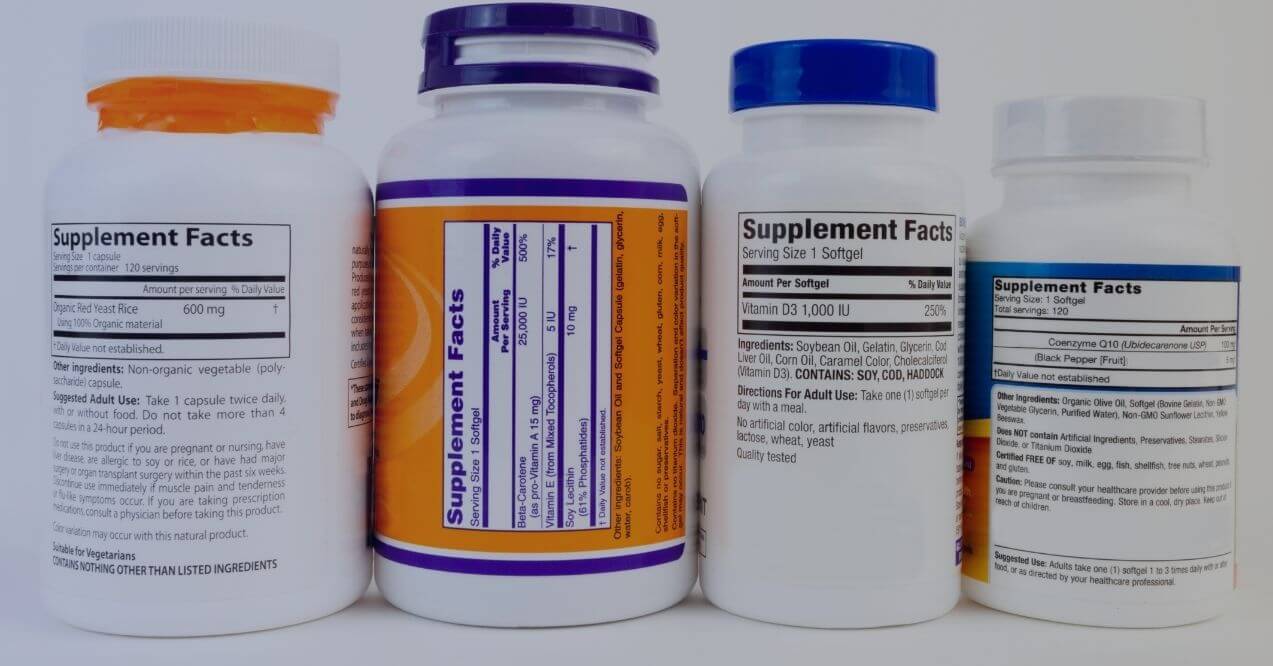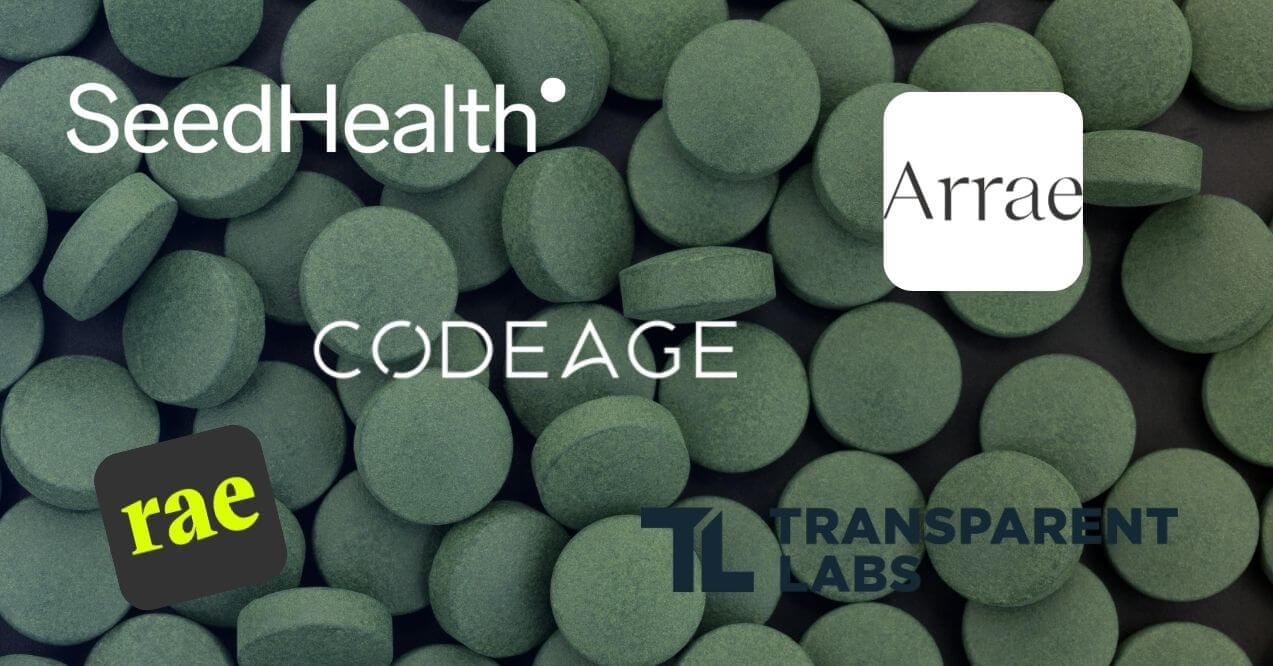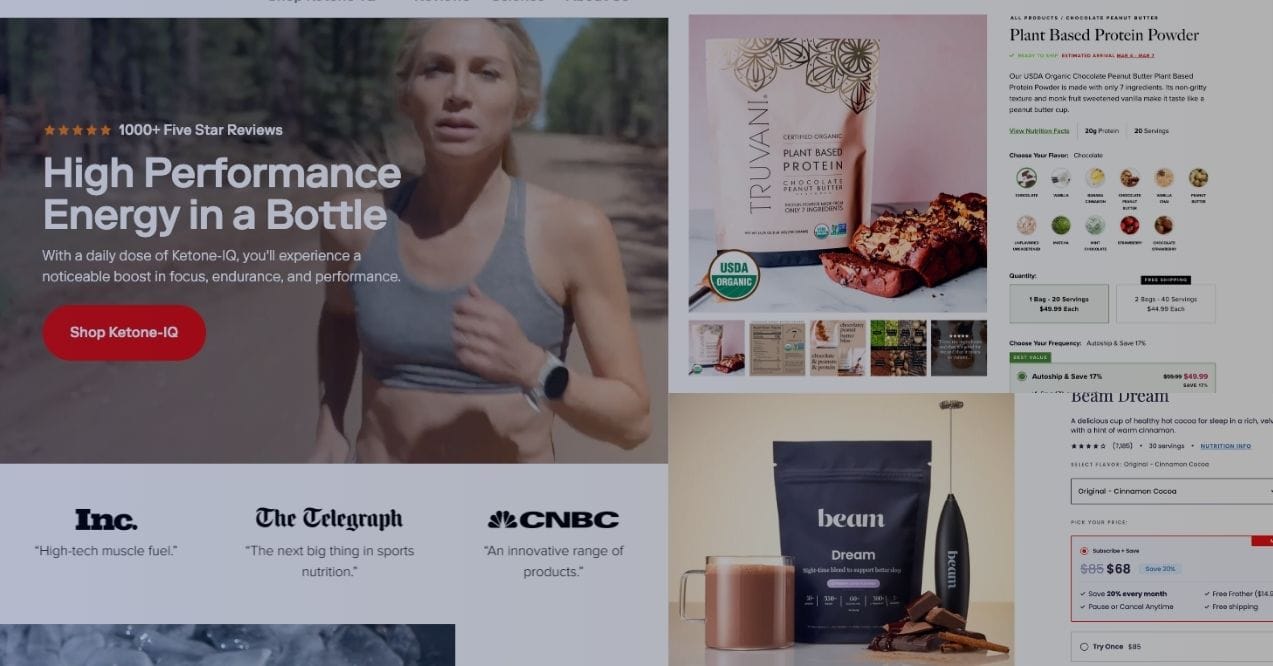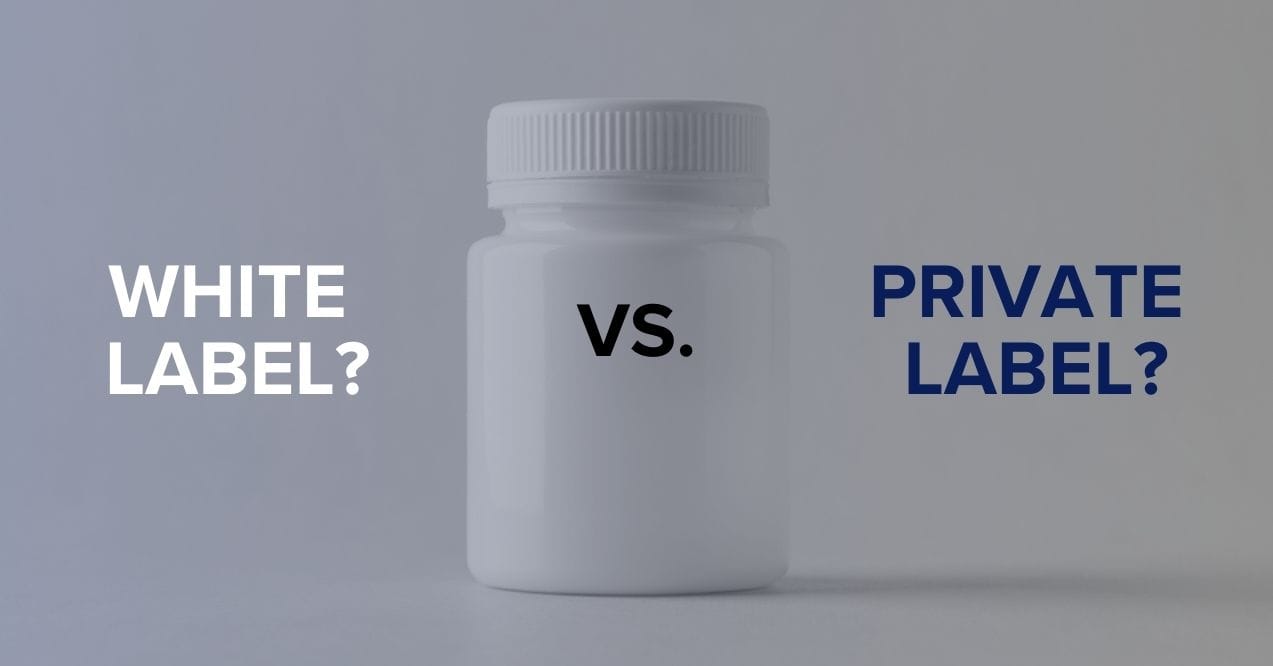Supplement formulation guide for your business


Starting a supplement business begins with a solid supplement formulation. A well-designed formula ensures effectiveness, marketability, and compliance with industry regulations. Whether you’re creating a product to support wellness, fitness, or specific health needs, strategic ingredient selection and a reliable manufacturing process are key to success.
Ready to transform your supplement idea into a market-ready reality? Let’s explore the essential elements that will set your formulation apart from the competition.
Key components of an effective supplement formulation
Developing a supplement formulation requires a strategic approach to ingredient selection, synergy, and complementary effects. A well-structured formula ensures that your product is effective, safe, and competitive in the growing supplement industry.
1. Choosing the right ingredients
Selecting high-quality, research-backed ingredients is the foundation of any successful supplement. When you create your own supplement formula, it’s essential to balance well-known ingredients with innovative components to maximize efficacy and consumer appeal.
- Opt for ingredients that have been tested for purity and potency, with scientific evidence supporting their benefits. This ensures that your formula delivers real, measurable effects.
- A strong formula includes both trusted ingredients and newer, cutting-edge components that provide a competitive edge in the market.
- Using ingredients with proven clinical backing allows you to make strong, compliant claims, boosting consumer confidence in your product.
2. Ingredient synergy & complementary effects
A well-designed custom supplement formulation goes beyond just selecting individual ingredients – it focuses on how those ingredients work together to enhance effectiveness and absorption.
- Some ingredients amplify each other’s benefits when combined. For example, black pepper extract (piperine) significantly enhances the bioavailability of curcumin in turmeric. Utilizing synergistic combinations allows for better results with lower dosages.
- Certain ingredients work through different mechanisms to achieve the same goal. For instance, magnesium and L-theanine both support relaxation but through distinct pathways, creating a more comprehensive effect.
- Some ingredients can interfere with absorption or effectiveness. For example, calcium can reduce iron absorption, which may impact the intended benefits of your formula. Ensuring that all components work harmoniously is key to an optimized formulation.
Choosing the right supplement format
The format of your supplement directly impacts its effectiveness, stability, and consumer appeal. When you create a supplement, it’s essential to choose a delivery form that aligns with ingredient properties, bioavailability, and market demand.
1. Different supplement delivery forms
Understanding the pros and cons of different supplement formats can help optimize absorption, shelf life, and the overall consumer experience. Below are some of the most common delivery forms:
- Capsules & tablets – Widely used for their convenience, extended shelf life, and ability to protect sensitive ingredients. Capsules generally allow for faster absorption, while tablets can be formulated for controlled release.
- Powders – A versatile option for high-dose nutrients, powders are ideal for protein supplements, superfoods, and pre-workout blends. Proper formulation is essential to ensure solubility and palatability.
- Gummies – A flavorful and enjoyable alternative, gummies are popular among both children and adults. However, they often require stabilizers and flavoring agents to maintain consistency and effectiveness.
- Liquids – Offering rapid absorption, liquid supplements are beneficial for individuals with digestive issues or difficulty swallowing pills. However, they often require preservatives and refrigeration for stability.
2. Flavor, stability, and absorption factors
Creating a supplement that is both effective and appealing requires careful attention to taste, stability, and absorption.
- Taste – Flavor plays a crucial role in product success, particularly for gummies, powders, and liquids. Using natural sweeteners and flavor-masking agents can enhance palatability and encourage repeat purchases.
- Thermostability – Heat-sensitive ingredients like probiotics and vitamins need protection from degradation. Products requiring high-temperature processing need thermostable ingredients and protective coatings.
- Absorption and bioavailability – The format affects nutrient absorption. Fat-soluble vitamins need dietary fats, while minerals may require chelation. Solubility is crucial for powder formats.
Regulatory & compliance
Ensuring compliance with industry regulations is essential when developing a supplement formulation. Each region has its own set of laws and guidelines for dietary supplements. Understanding these rules ensures your product is market-ready and legally compliant.
- FDA & cGMP standards (U.S.) – In the U.S., the Food and Drug Administration (FDA) regulates supplements under the Dietary Supplement Health and Education Act (DSHEA). Manufacturers must follow Current Good Manufacturing Practices (cGMP) to ensure product quality, consistency, and safety.
- European Union regulations – The European Food Safety Authority (EFSA) oversees supplement safety, setting strict guidelines on ingredient use and health claims. Compliance with EFSA regulations is necessary for selling supplements in the EU market.
- Other global markets – Countries like Canada, Australia, and Japan have their own regulatory bodies (Health Canada, TGA, and FOSHU) that establish ingredient restrictions, dosage limits, and packaging requirements.
Pricing considerations
The cost of your supplement formula depends on several key factors, including ingredient selection, raw material quality, and dosage levels. Premium, research-backed ingredients often come at a higher price but can enhance the value and effectiveness of your product. Additionally, supplement format, packaging, and manufacturing processes all contribute to overall production costs.
When working with a supplement formulation partner, they can help develop a cost-effective strategy that aligns with your budget while maintaining product integrity. Striking the right balance between affordability and quality ensures your supplement remains competitive and appealing to consumers.
Conclusion
A successful supplement formulation is the foundation of a thriving supplement business. By selecting high-quality ingredients, optimizing synergy, and choosing the right delivery format, you can create a product that stands out in a competitive market. Compliance with industry regulations ensures both safety and consumer trust, making your supplement business sustainable and reputable.
Whether you’re formulating for wellness, fitness, or specific health needs, a strategic approach is key to success. Ready to take your supplement idea from concept to reality? Start formulating with confidence today!
References
Pour, S. K., et al. (2023). Development of a rapid, sensitive, and selective LC–MS/MS method for quantifying curcumin levels in healthy human urine: Effect of pepper on curcumin bioavailability. Food Science & Nutrition, 11(12), 7732–7741. https://pmc.ncbi.nlm.nih.gov/articles/PMC10724617/
Dasdelen, M. F., et al. (2022). A novel theanine complex, MG-L-Theanine improves sleep quality via regulating brain electrochemical activity. Frontiers in Nutrition, 9. https://pmc.ncbi.nlm.nih.gov/articles/PMC9017334/
Lönnerdal, B. (2010). Calcium and iron absorption – Mechanisms and public health relevance. International Journal for Vitamin and Nutrition Research, 80(45), 293–299. https://pubmed.ncbi.nlm.nih.gov/21462112/
Formulating your own supplements requires thorough research into ingredient interactions and safe dosages, and often necessitates professional guidance from supplement manufacturing companies.
A supplement formula can be patented if it demonstrates a novel and non-obvious composition or process.
Patenting a supplement formula involves submitting a detailed application that proves its novelty and utility, and typically requires the assistance of a patent attorney.
COMMONLY ASKED QUESTIONS
Advertisement. This site offers health, wellness, fitness and nutritional information and is designed for educational purposes only. You should not rely on this information as a substitute for, nor does it replace, professional medical advice, diagnosis, or treatment. If you have any concerns or questions about your health, you should always consult with a physician or other health-care professional. Do not disregard, avoid or delay obtaining medical or health related advice from your health-care professional because of something you may have read on this site. The use of any information provided on this site is solely at your own risk.

















